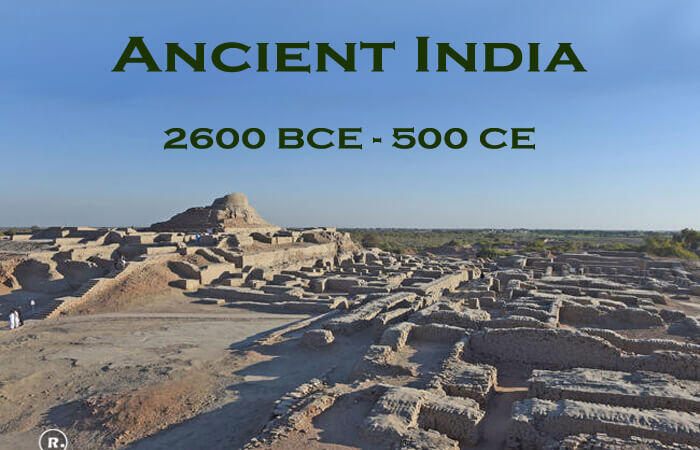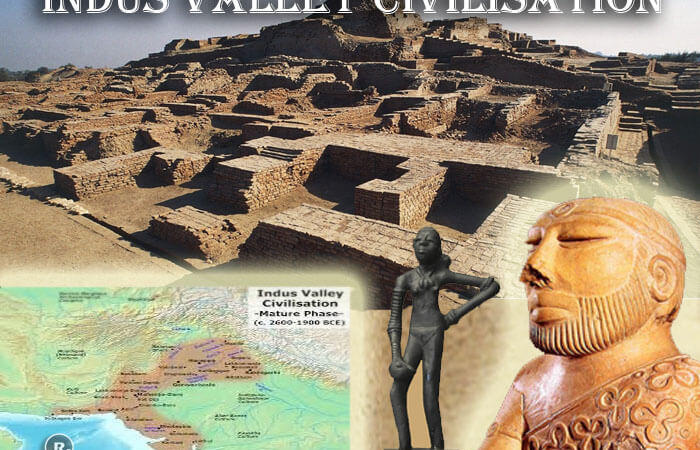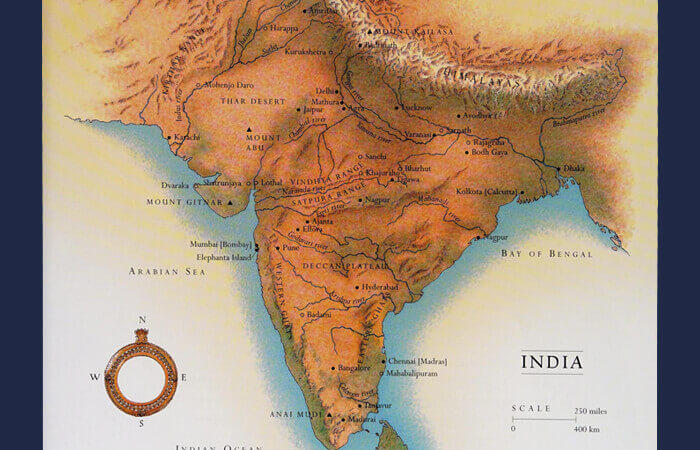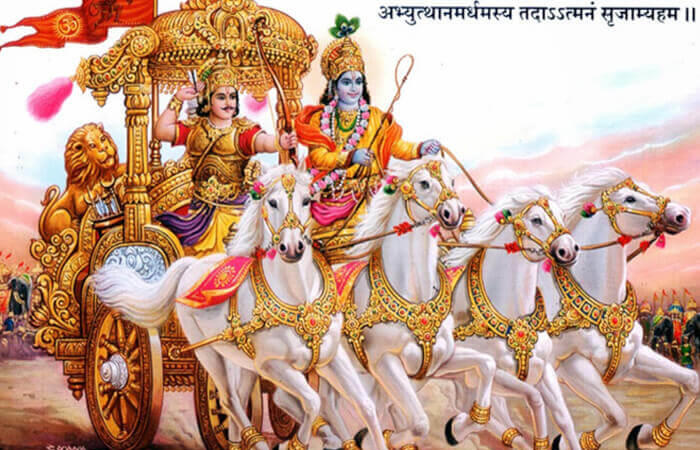Mahatma Gandhi | Father Of The Nation

Mahatma Gandhi, is the Father of our Nation. Gandhi’s reputation as the Indian spiritual and political leader who coordinated and led a successful national struggle for independence against British imperial rule on the strength of a non-violent movement survives largely intact.
Early Life of Mahatma Gandhi
Mohandas Karamchand Gandhi was born into the Hindu Modh family in Porbandar on October 2nd, 1869. He was the son of Karamchand Gandhi, the Diwan (title)|diwan(Prime Minister) of Porbandar, and Putlibai, Karamchand’s fourth wife, a Hindu of the Pranami Vaishnava order. Karamchand’s first two wives, who each bore him a daughter, died for unknown reasons (rumored to be in childbirth).
Living with a devout mother and surrounded by the Jainism|Jain influences of Gujarat, Gandhi learned from an early age the tenets of non-injury to living beings, vegetarianism, fasting for self-purification, and mutual tolerance between members of various creeds and sects. In May 1883, aged 13, Gandhi was married to Kasturba Makhanji, a girl also aged 13, through the arrangement of their respective parents, as is customary in India.
They had four sons: Harilal Gandhi, born in 1888; Manilal Gandhi, born in 1892, Ramdas Gandhi, born in 1897; and Devdas Gandhi, born in 1900. Gandhi was a mediocre student in his youth at Porbandar and later at Rajkot. He barely passed the Matriculation|matriculation exam for Samaldas College at Bhavnagar, Gujarat. He was also unhappy at the college because his family wanted him to become a barrister.
At the age of 18 on September 4, 1888, Gandhi went to University College London to train as a barrister. His time in London, United Kingdom|London, the Imperial capital, was influenced by a vow he had made to his mother in the presence of the Jain monk Becharji, upon leaving India, to observe the Hindu precepts of abstinence from meat, alcohol, and promiscuity.
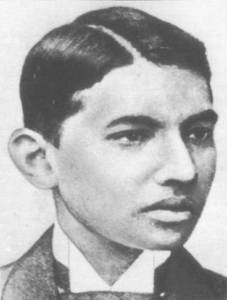
Suggested Read: Mahatma Gandhi Quotes
Although Gandhi experimented with adopting English customs — taking dancing lessons for example — he could not stomach his landlady’s mutton and cabbage. She pointed him towards one of London’s few vegetarian restaurants. Rather than simply go along with his mother’s wishes, he read about an intellectually embraced vegetarianism. He joined the Vegetarian Society, was elected to its executive committee and founded a local chapter. He later credited this with giving him valuable experience in organizing institutions.
Some of the vegetarians he met were members of the Theosophical Society, which had been founded in 1875 to further universal brotherhood, and which was devoted to the study of Buddhist and Hindu Brahman| Brahmanistic literature. They encouraged Gandhi to read the Bhagavad Gita. Not having shown a particular interest in religion before, he read works of and about Hinduism, Christianity, Buddhism, Islam, and other religions. He returned to India after being called to the bar association|bar of England and Wales by Inner Temple but had limited success establishing a law practice in Bombay.
Later, after applying and being turned down for a part-time job as a high school teacher, he ended up returning to Rajkot to make a modest living drafting petitions for litigants but was forced to close down that business as well when he ran afoul of a British officer. In his autobiography, he describes this incident as a kind of unsuccessful lobbying attempt on behalf of his older brother. It was in this climate that (in 1893) he accepted a year-long contract from an Indian firm to a post in KwaZulu-Natal Province Natal, South Africa.
Suggested Read: Mahatma Gandhi – 150th Birth Anniversary
Politics

Gandhi’s involvement in Indian politics began in 1919, and he soon became the unquestioned leader of the independence movement. He preached the doctrine of Satyagraha which he applied against the British with great effect. He adopted Gandhi’s involvement in Indian politics began in 1919, and he soon became the unquestioned leader of the independence movement. He preached the doctrine of Satyagraha which he applied against the British with great effect. He adopted a simple life believing in the virtue of small communities and campaigned against Indian industrialization.
Assassination of Mahatma Gandhi
Gandhi’s life work was crowned in 1947 when India finally won independence but the concession he had made to the Muslims led to his assassination on the following year on 30 January 1948 by a Hindu fanatic, who blamed him for the partition of India, although Gandhi himself bitterly opposed the dismemberment of the subcontinent.
Also Read: Why Nathuram Godse Killed Mahatma Gandhi
Famous Quotes By Mahatma Gandhi
- Be truthful gentle and fearless.
- Where there is love there is life.
- You must be the change you wish to see in the world.
- The greatness of a nation and its moral progress can be judged by the way its animals are treated.
- The weak can never forgive. Forgiveness is the attribute of the strong.
- The future depends on what you do today.
- It is health that is real wealth and not pieces of gold and silver.
- Happiness is when what you think, what you say, and what you do are in harmony.
- An eye for an eye only ends up making the whole world blind.
- Live as if you were to die tomorrow; learn as if you were to live forever.
- First, they ignore you, then they laugh at you, then they fight you, then you win.
- You must not lose faith in humanity. Humanity is an ocean; if a few drops of the ocean are dirty, the ocean does not become dirty.
- The best way to find yourself is to lose yourself in the service of others.
- Strength does not come from physical capacity. It comes from an indomitable will.
- A man is but the product of his thoughts; what he thinks, he becomes.
Suggested Read: Influence Of Gandhiji

